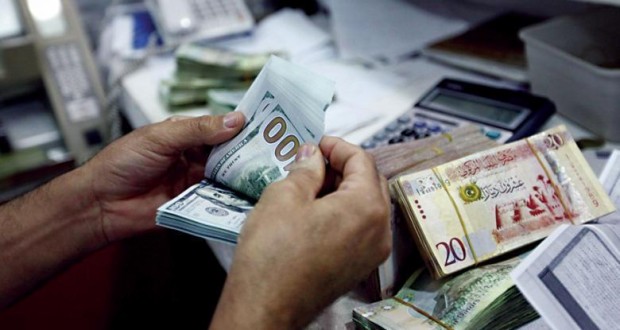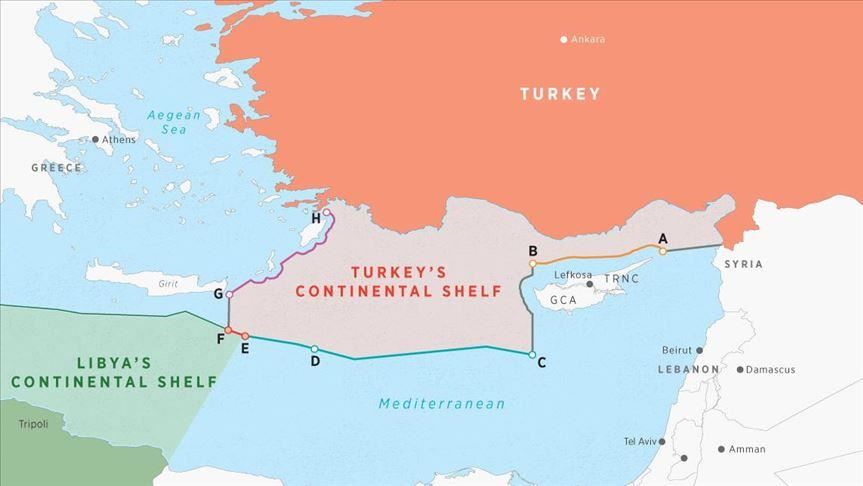Libya’s leaders continue to put their personal interests first
Published on 2022 September 26, Monday Back to articles
Audit Bureau head Khaled Shakshak (L) severely criticised the GNU Prime Minister Abdulhamid Dbeibeh (R)
On 20 September the Audit Bureau, chaired by Khaled Shakshak, released its 2021 annual report and its 981 pages are littered with evidence of corruption in the Tripoli-based Government of National Unity (GNU). It also documents baffling financial violations and manipulations committed by several GNU-affiliated institutions including the Cabinet Office.
The incumbent GNU Prime Minister Abdulhamid Dbeibah hit back at Shakshak — who was a rival of his in the postponed December 2021 presidential election — and alleged that the timing of the report’s publication is politicised and that its findings are inaccurate.
Meanwhile the House of Representatives’ (House) designated prime minister, Fathi Bashagha, has admitted that — despite it being nearly eight months since his parallel government received its vote of confidence from the parliament — he has failed to carry out his duties from the capital. In light of this he finally officially expressed his wish to begin the work of his government from Benghazi and Sirte. This means that he has abandoned his goal of entering Tripoli before beginning to officially administer those areas of the country that he and his allies control. It is likely to lead to the hopefully temporary redivision of the country into two parts led by parallel governments.
During the 77th United Nations General Assembly in New York the Presidential Council’s head, Mohamed al-Menfi, called for international support for the greater role for his council. In the future this might enable it to organise the upcoming elections in light of the fact that the powerful House speaker, Aguila Saleh, has refused to cooperate in establishing a constitutional basis for elections after the failure of the consultations between the parliament and the High Council of State (HCS).
On 23 September there were reported clashes along Tripoli’s Airport Road between members of the 1st Battalion — the Zawiyah armed group led by Mohamed Bahroun (a.k.a. al-Far) — and the General Security Forces led by Imad al-Trabulsi. These are being interpreted as part of the ongoing repositioning by the capital’s militias to expand their areas of control in the city.
On the night of 25 September heavy clashes broke out in Zawiyah between two state-affiliated militia groups which, as we go to press, had resulted in in at least five civilian deaths — including a woman and a young girl — as well as dozens of injuries.
In Ajdabiya, at least 400 Chadian migrant workers were arrested by the Libyan Arab Armed Forces (LAAF) affiliated Ajdabiya Brigade in retaliation for the recent arrest of four Libyan men from the town — suspected of being part of a large-scale operation to poach endangered animals — just across the border in northern Chad.
Tobruk’s international airport suspended all its flights from 18 September until further notice because of what its director described as its ‘deliberate marginalisation’ by the Airports Authority.
This excerpt is taken from our Libya Politics & Security weekly intelligence report. Click here to receive a free sample copy. Contact info@menas.co.uk for subscription details.


